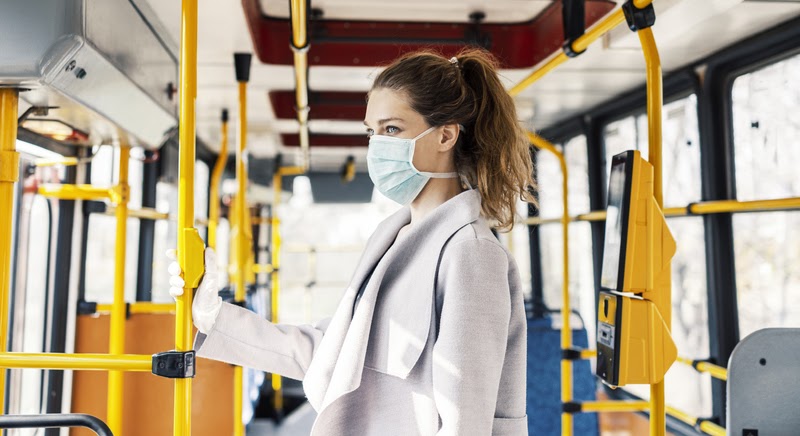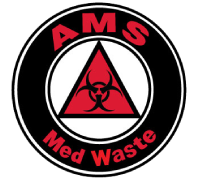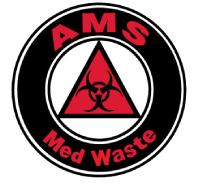How Masks Help Fight Covid-19
By this point we’ve all heard over and over again that wearing a mask will help prevent the spread of COVID-19. Despite the never ending amount of times people hear this, some either still don’t bother wearing one, or do so in a manner that is incorrect, effectively rendering them pointless. Simply wearing a facemask is one of the easiest things you can do, and they are effective in preventing the spread of the virus. Hopefully once you have a better understanding of this, you’ll do the right thing and start wearing one.

How The Masks Help
The Covid-19 virus is attached to respiratory droplets that are expelled from the body when you cough, sneeze, and talk. The droplets range in size from 20 to 500 micrometers which spread into a large cloud. As you can guess, these droplets can stick to surfaces where the virus will persist for days where it can then be picked up by someone touching said surface. That’s why it’s important to sanitize your hands often. Additionally should you breathe in these droplets you will have breathed the virus directly into your lungs.
So, the mask’s main purpose is to stop the spread of these droplets. There is plenty of evidence supporting the use of masks in the prevention of COVID-19. The masks catch the droplets, preventing them from spreading the virus. There are many kinds of masks out there, so some people have a hard time understanding which ones they need to wear.
Mask Type
For starters, we’ve heard about the N95 masks as being the recommendation for what you should wear, but current recommendations are saying that the N95 is really only necessary in medical situations. Surgical masks are considered generally more protective than cloth masks, and some consider them to be lighter and easier to wear. Different materials vary in effectiveness, which is something you need to consider when buying or making your own mask. Comfort is key in wearing a mask, but make sure you don’t compromise protection just so you can be a bit more comfortable.
Avoid masks with vents, splits, air holes, etc, as these are not effective at all in preventing the spread of COVID-19. The whole point of the mask is to block the droplets from entering your body, and these types of masks will not prevent this from happening.
The bottom line is that any mask that covers both your nose and mouth will be beneficial in protecting you and others from the spread of COVID-19. One simulation that researchers performed shows that if only 80% of the population wears a mask, it will have more effect at combating the virus then a lock down would have.
If we want to avoid more lockdowns, it’s time to wear a mask, and don’t forget about good hand washing.





